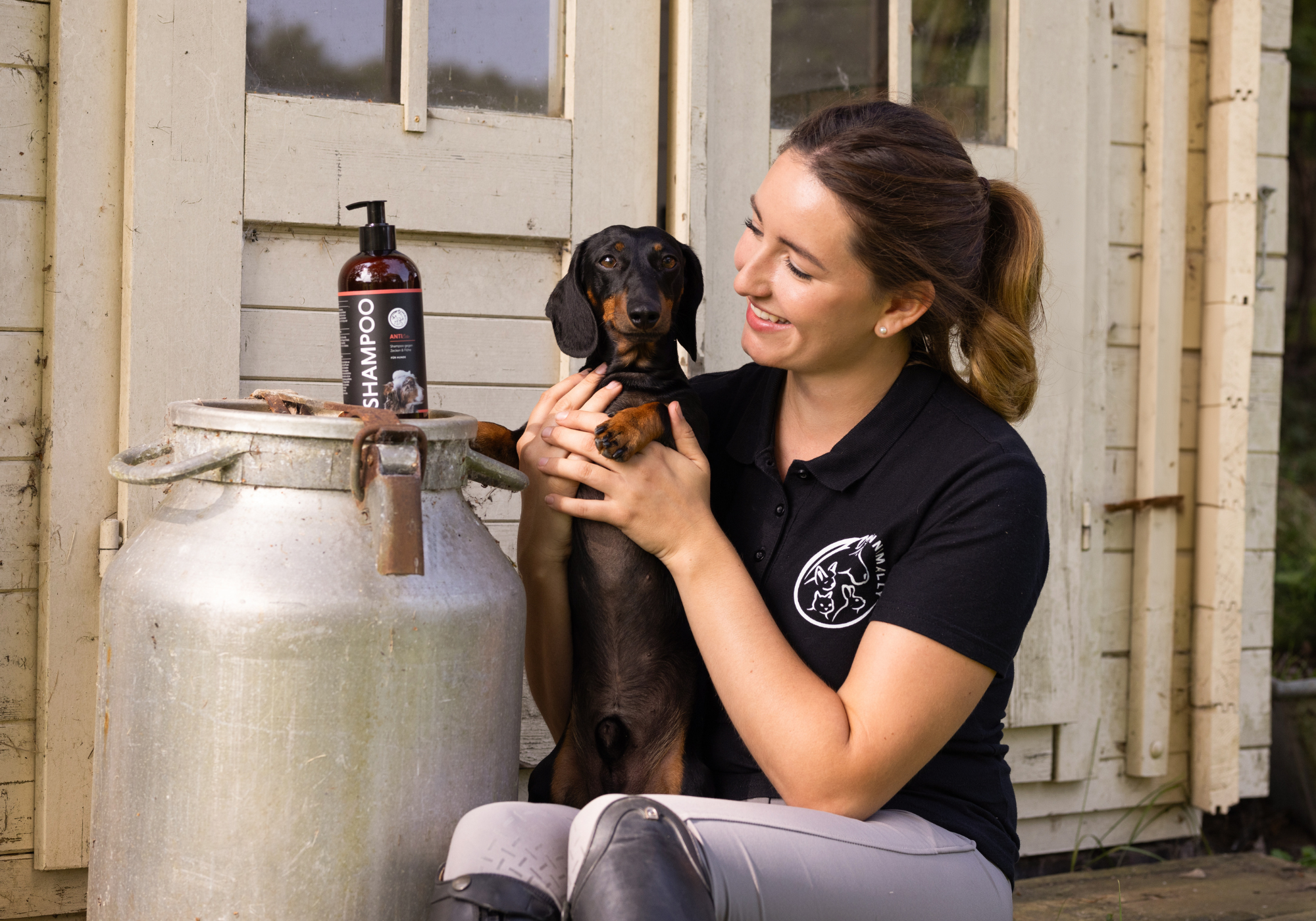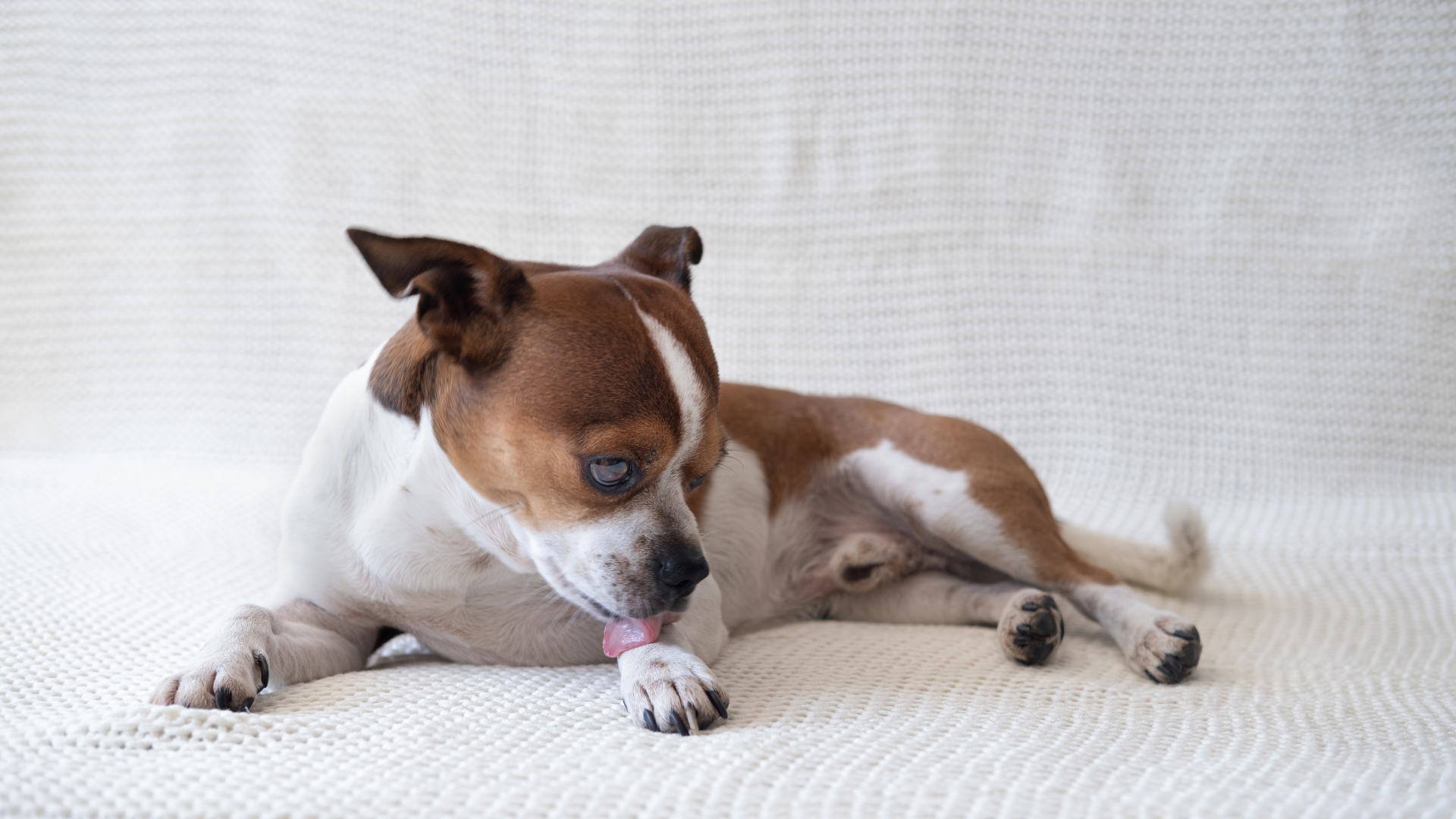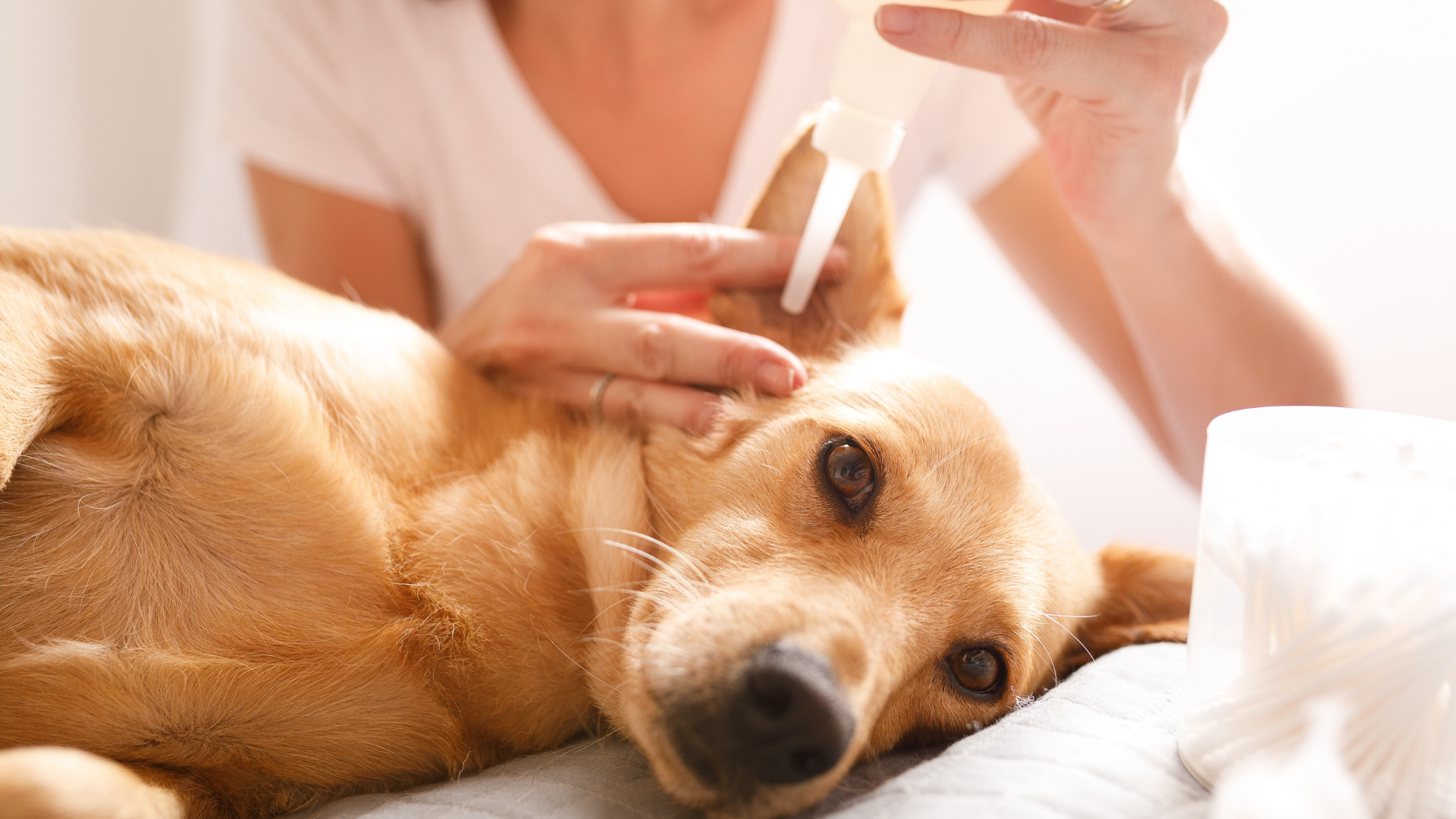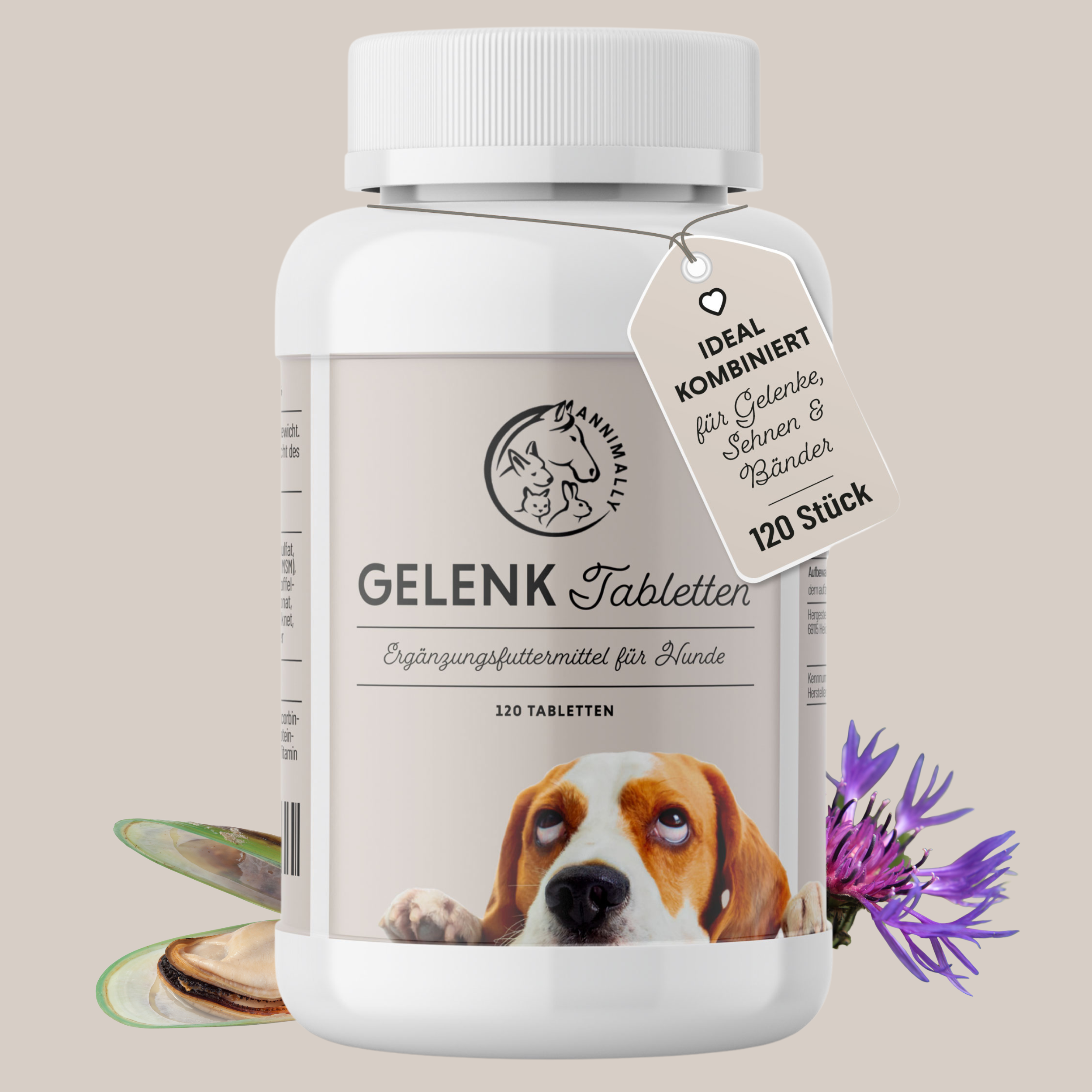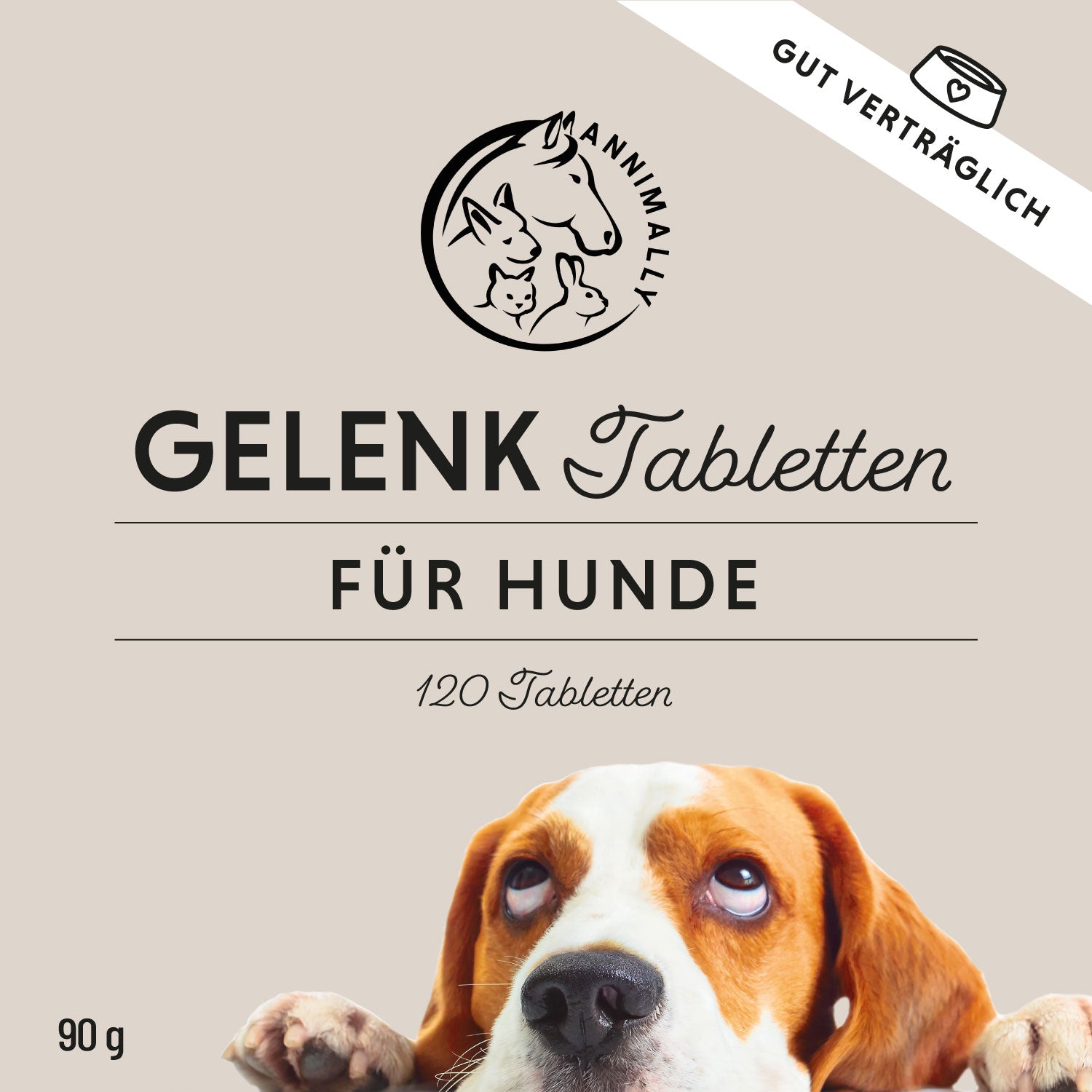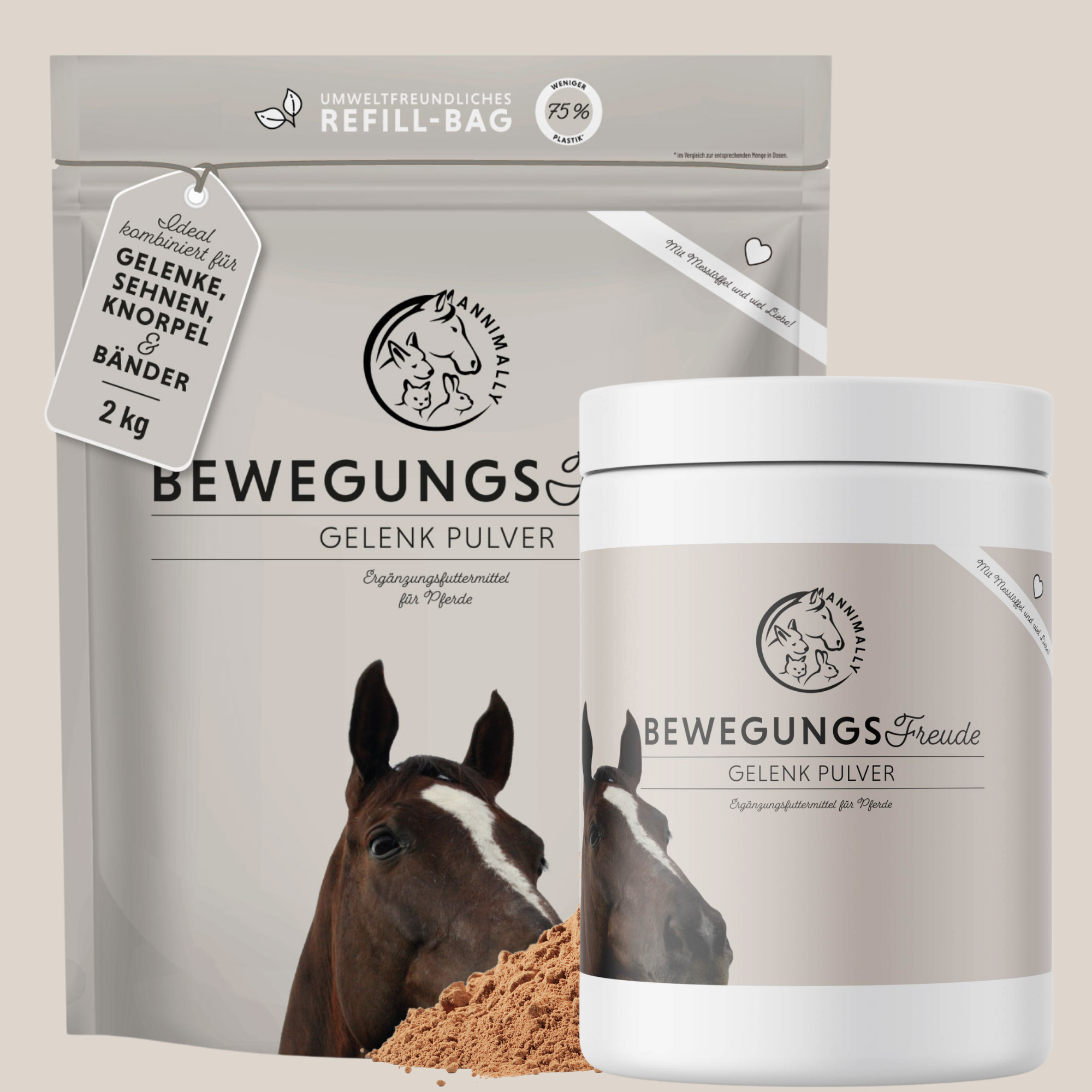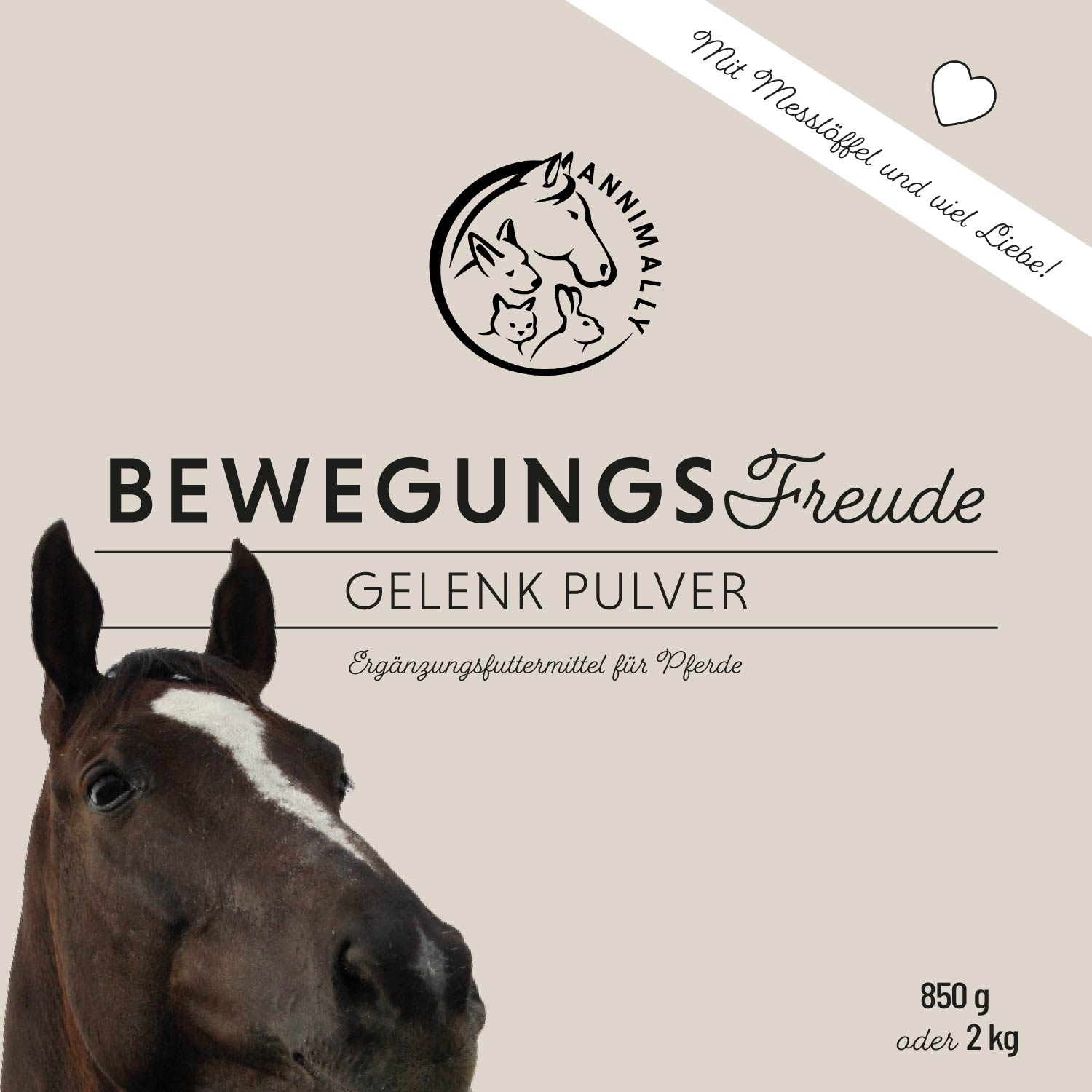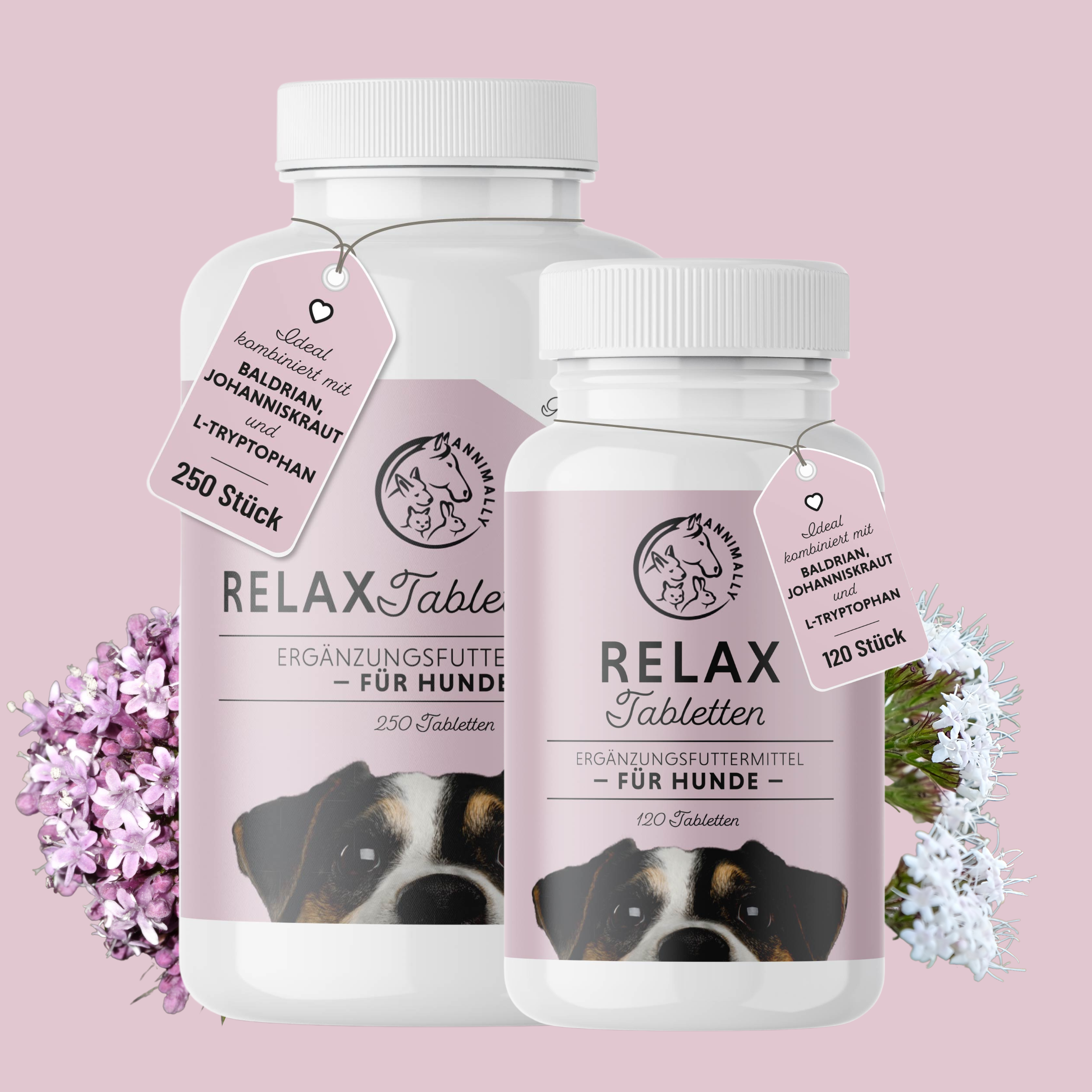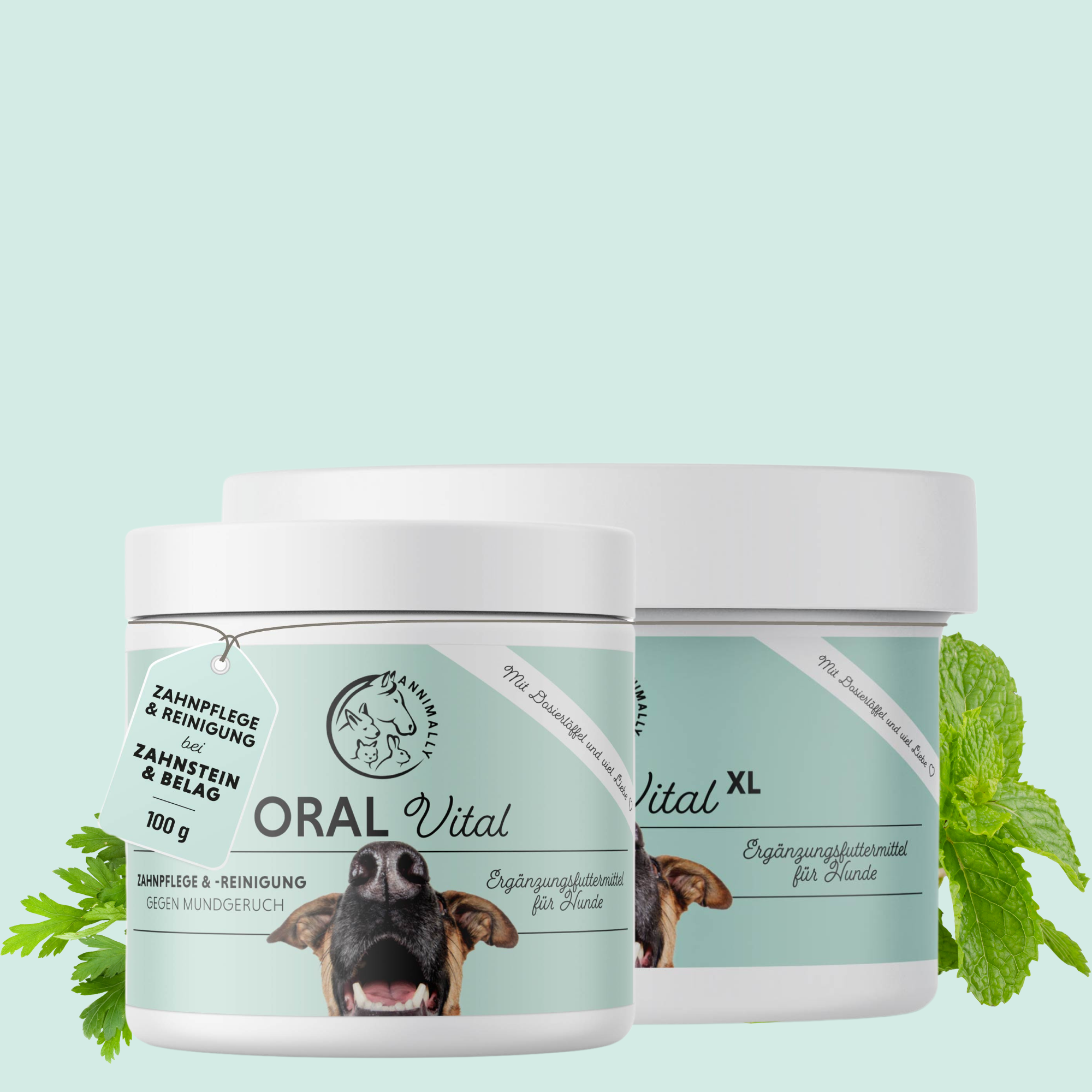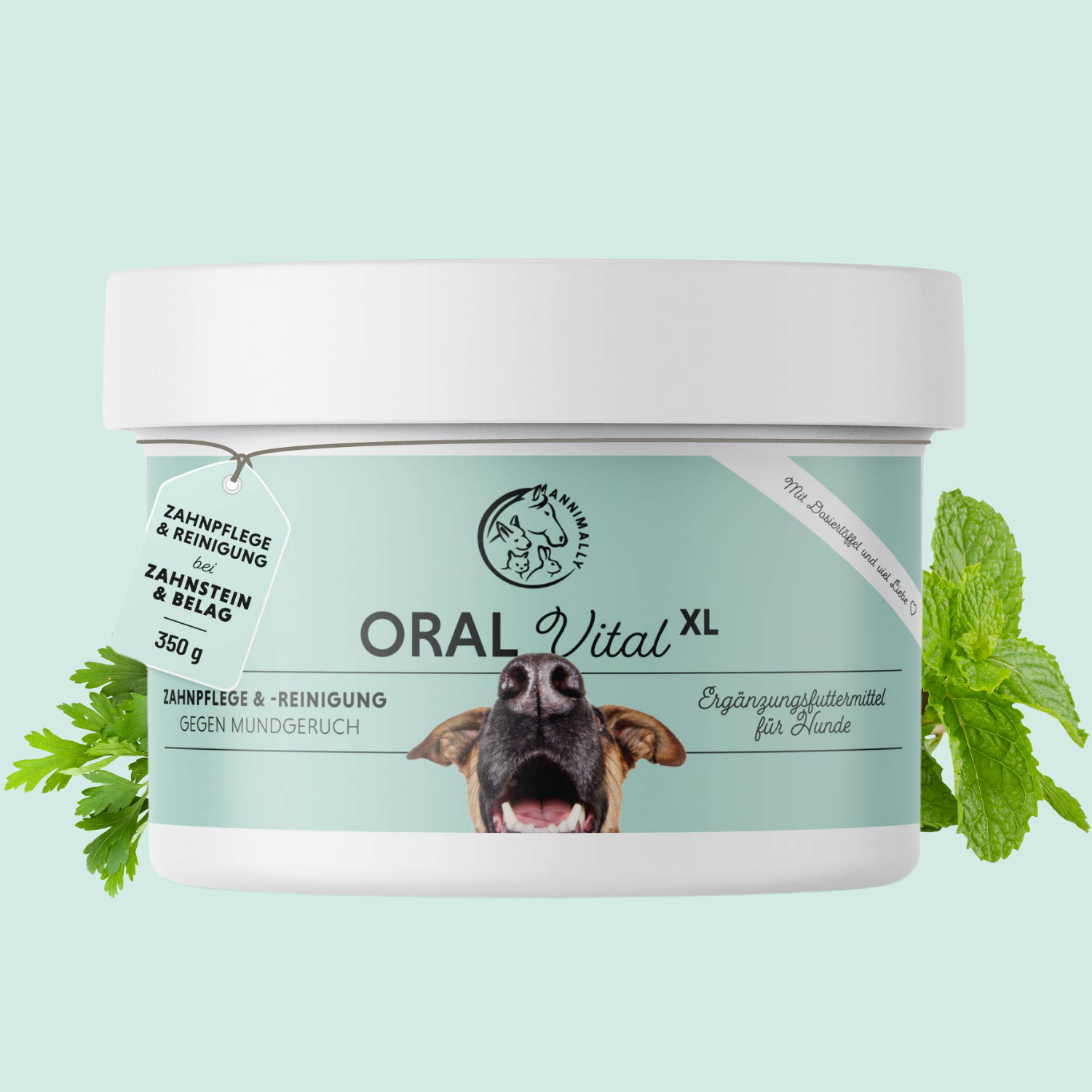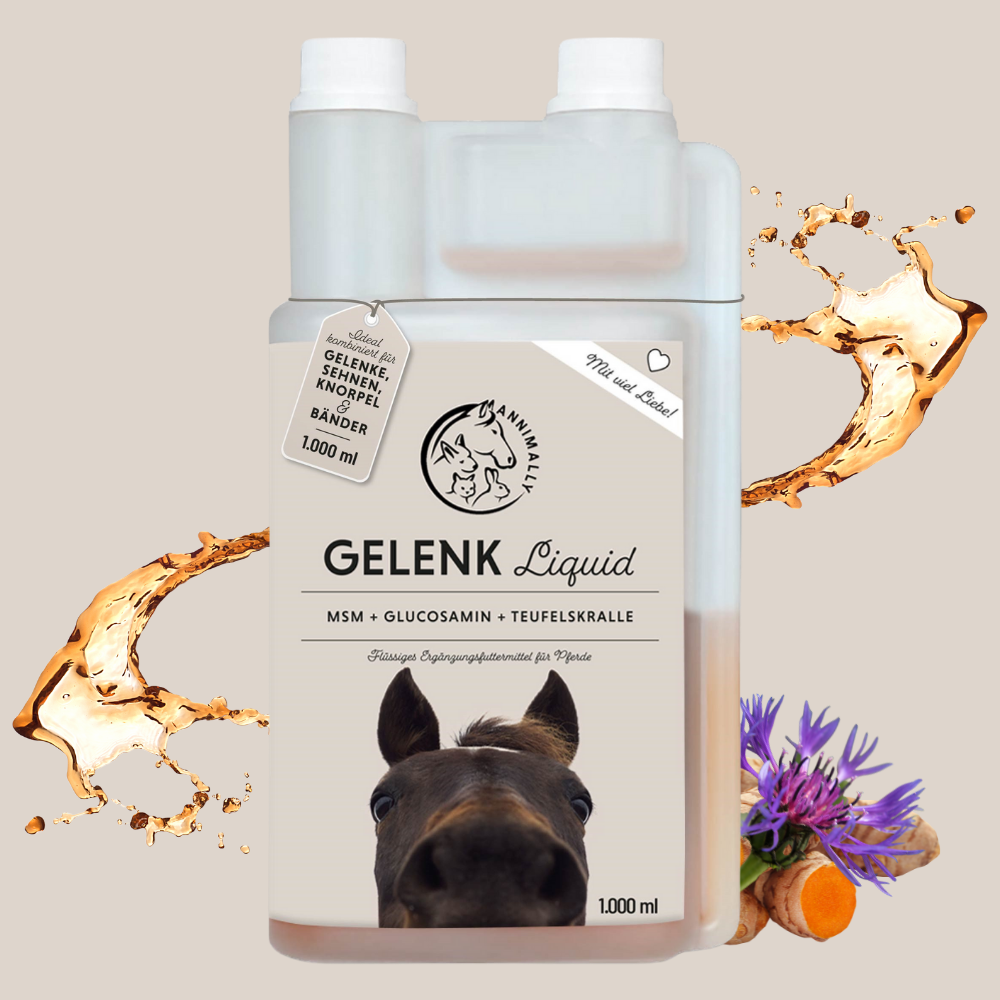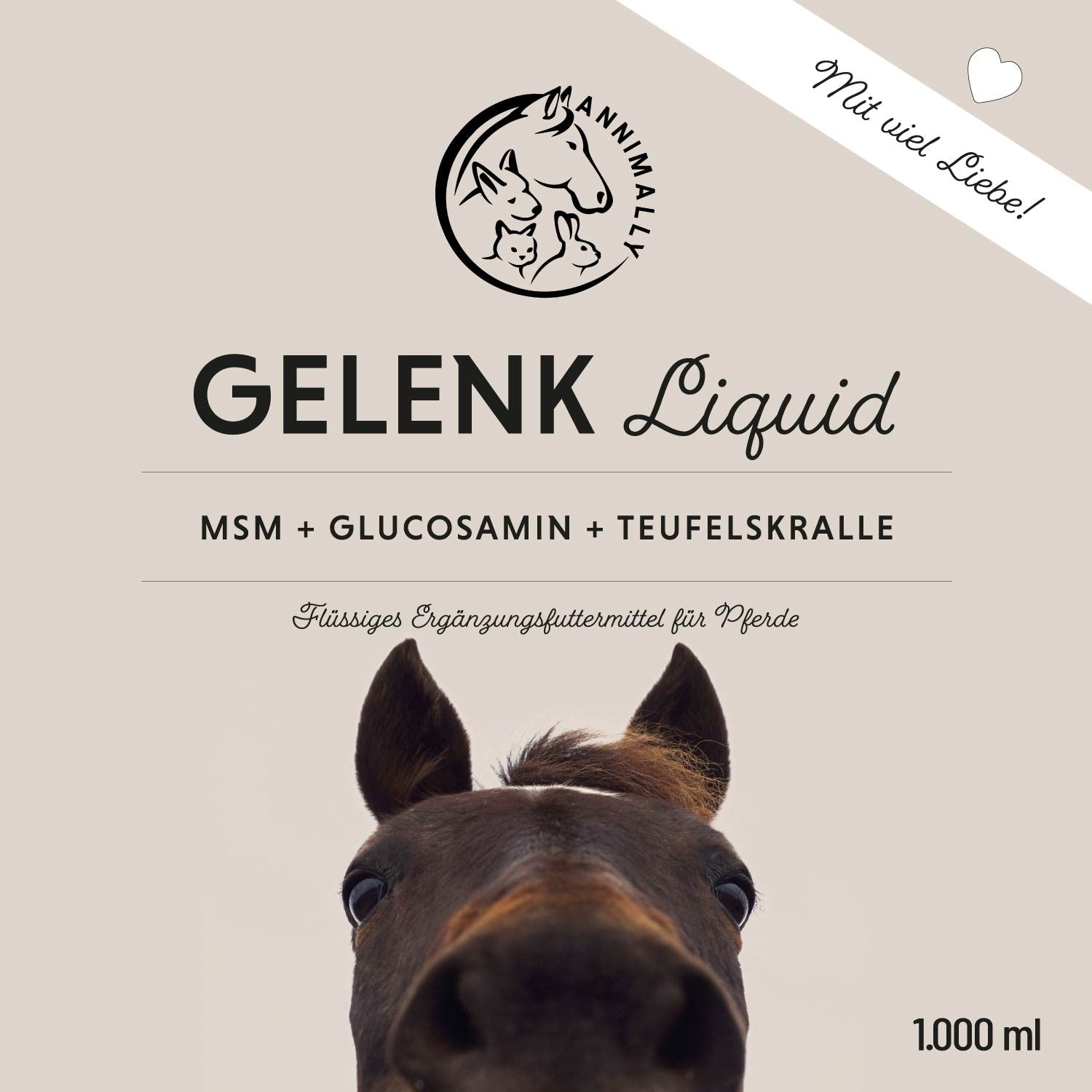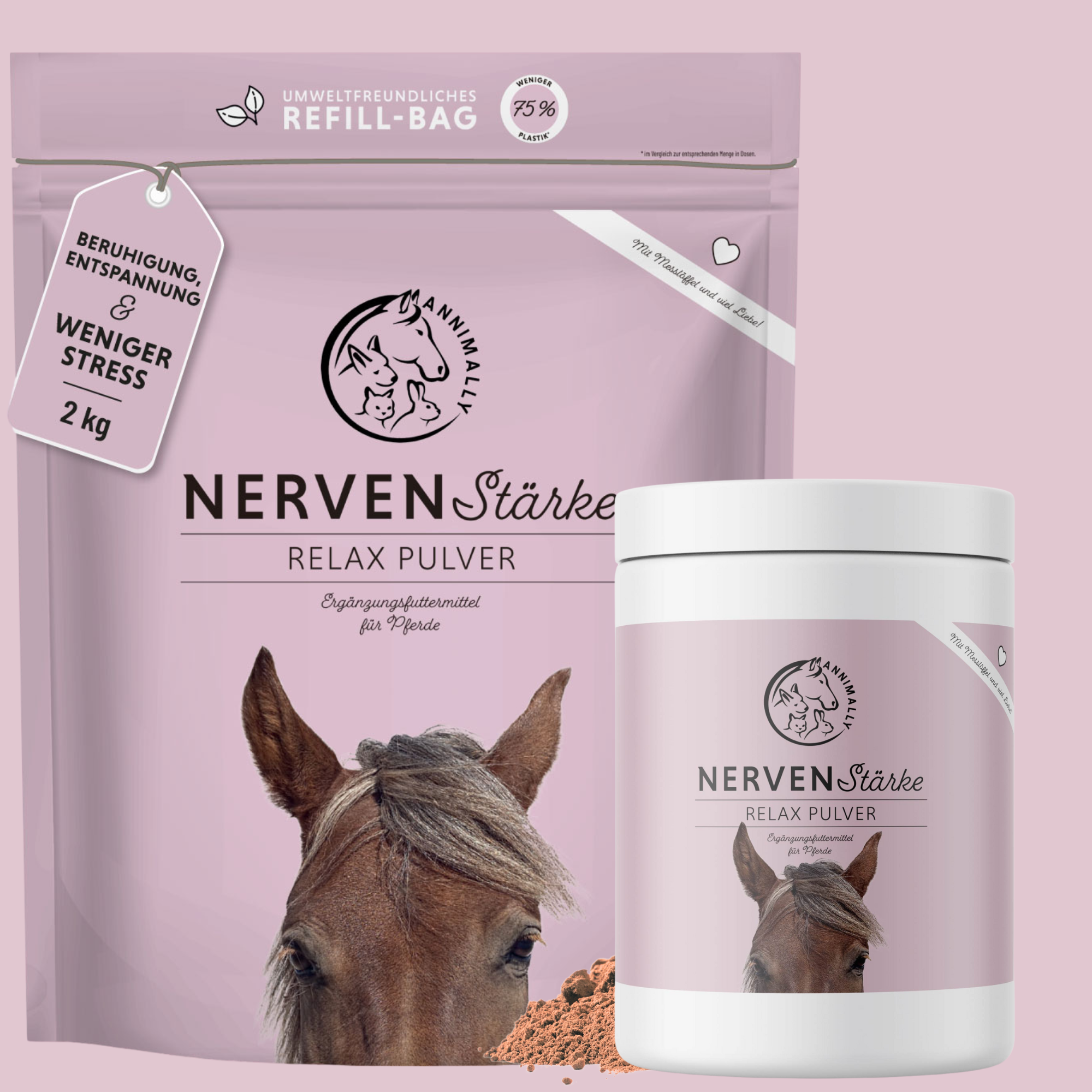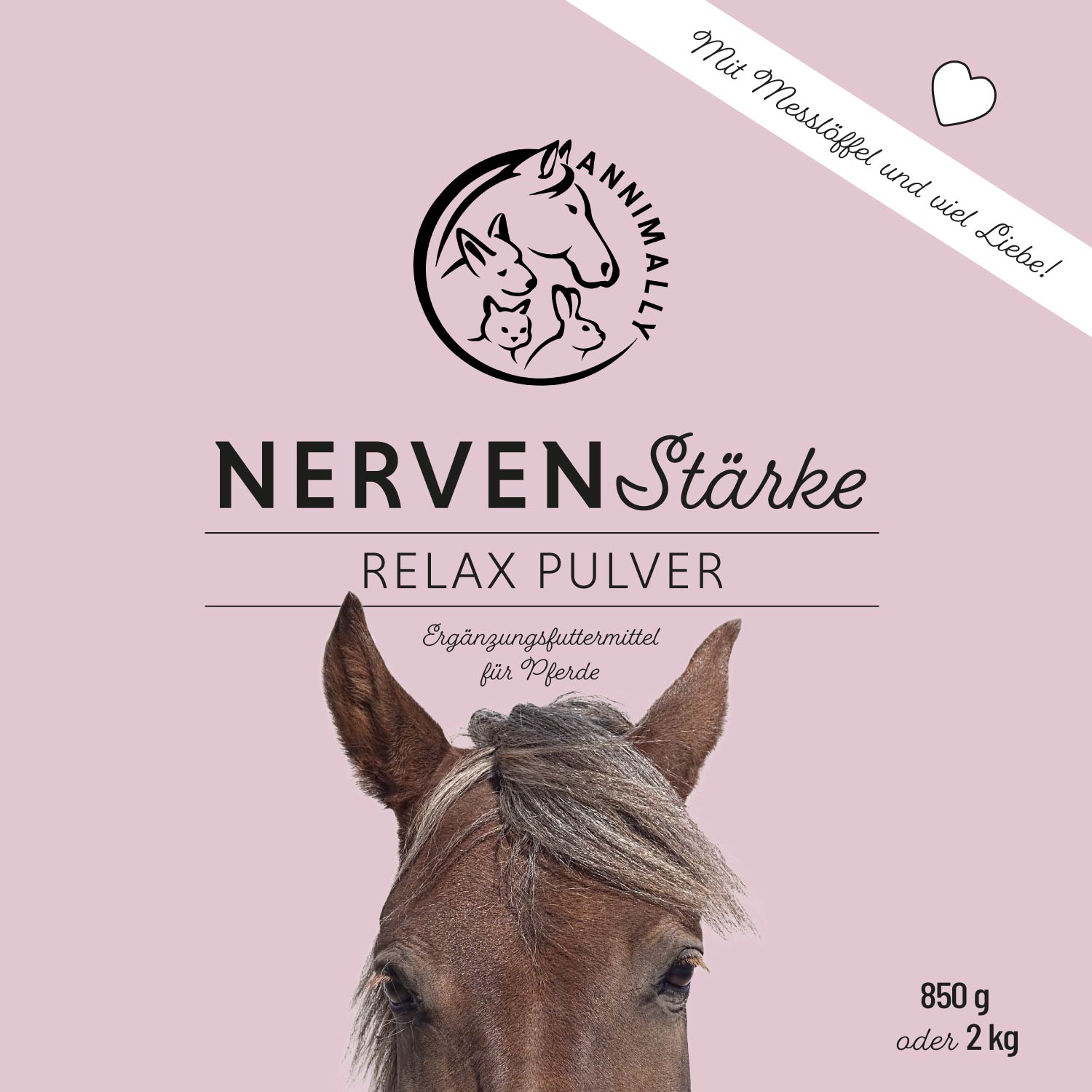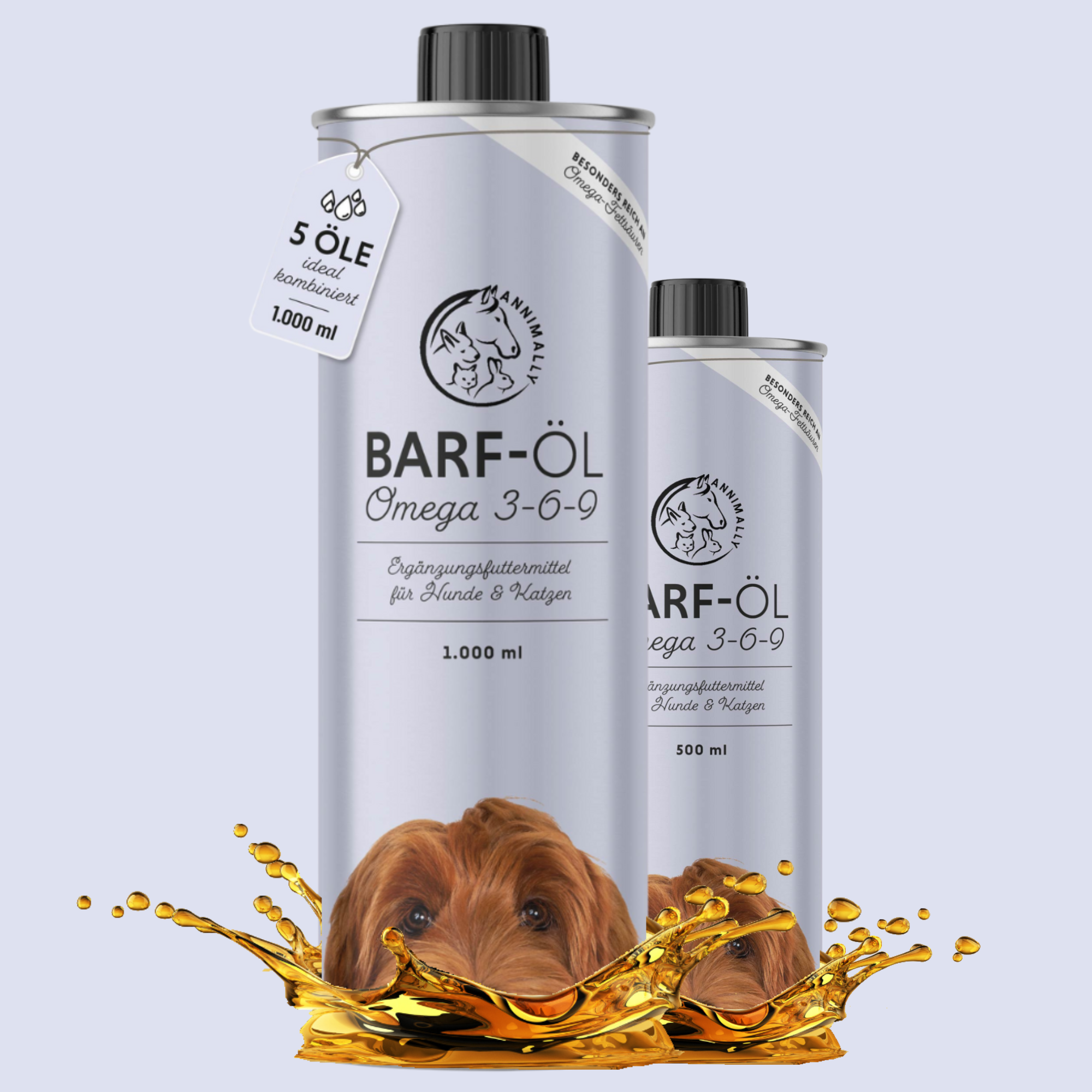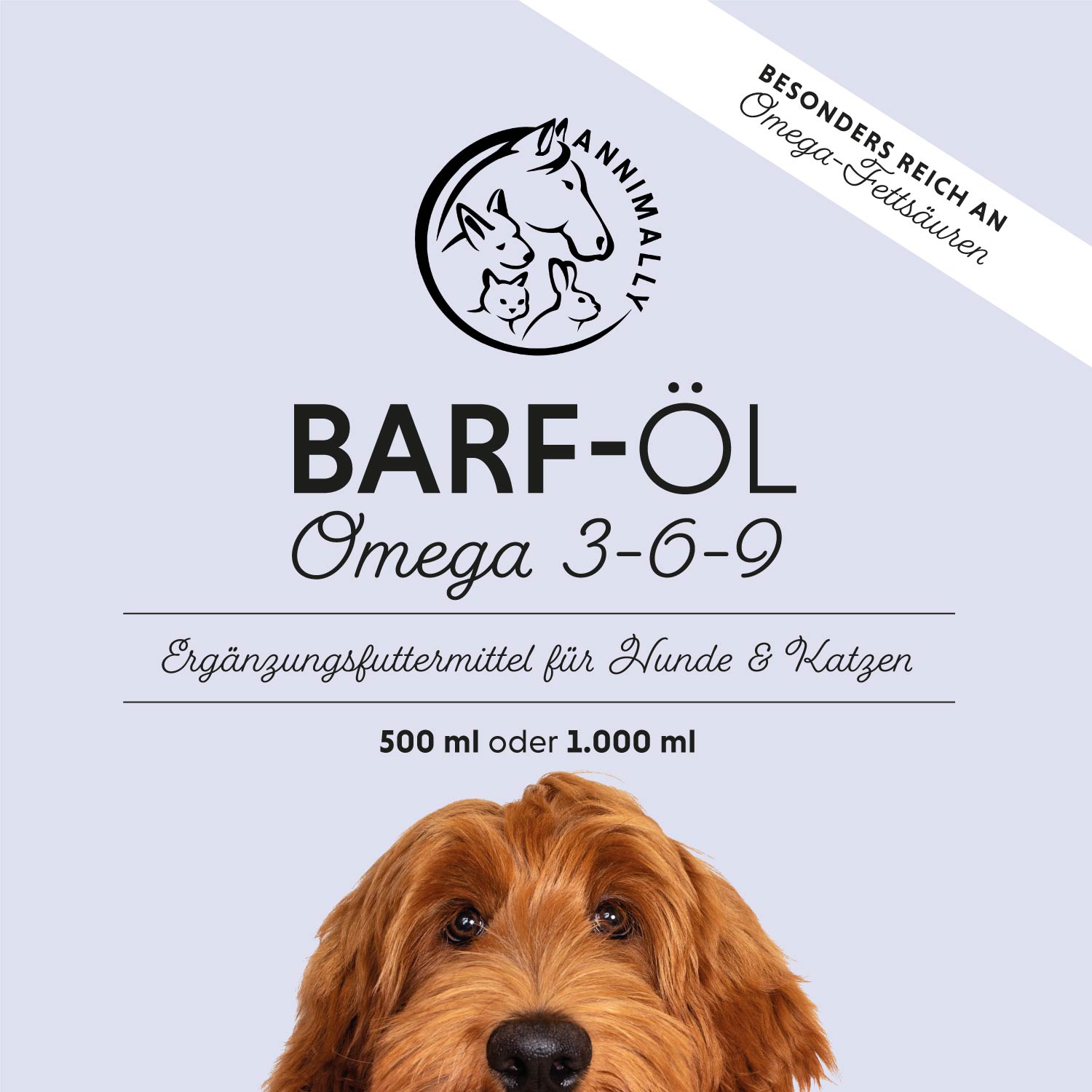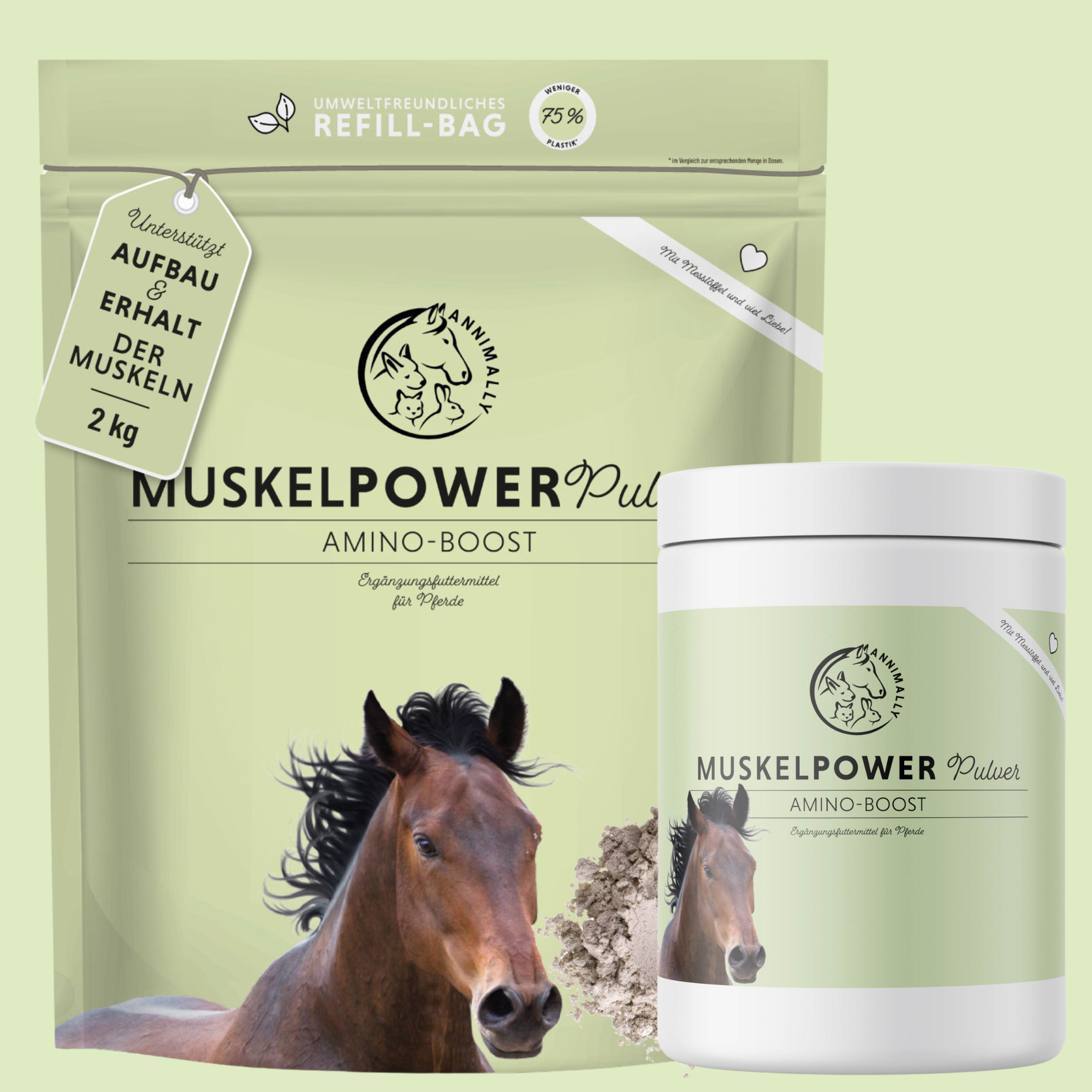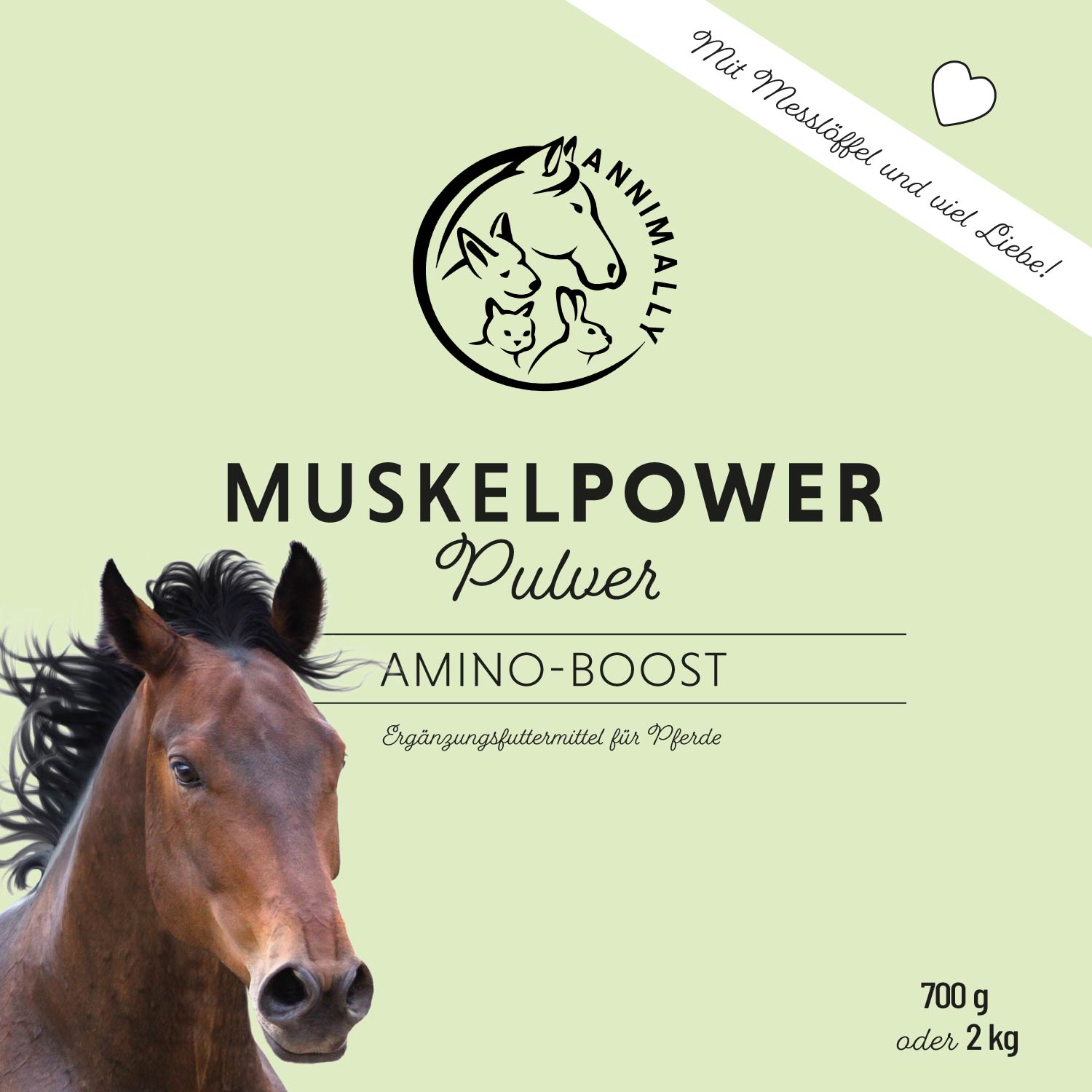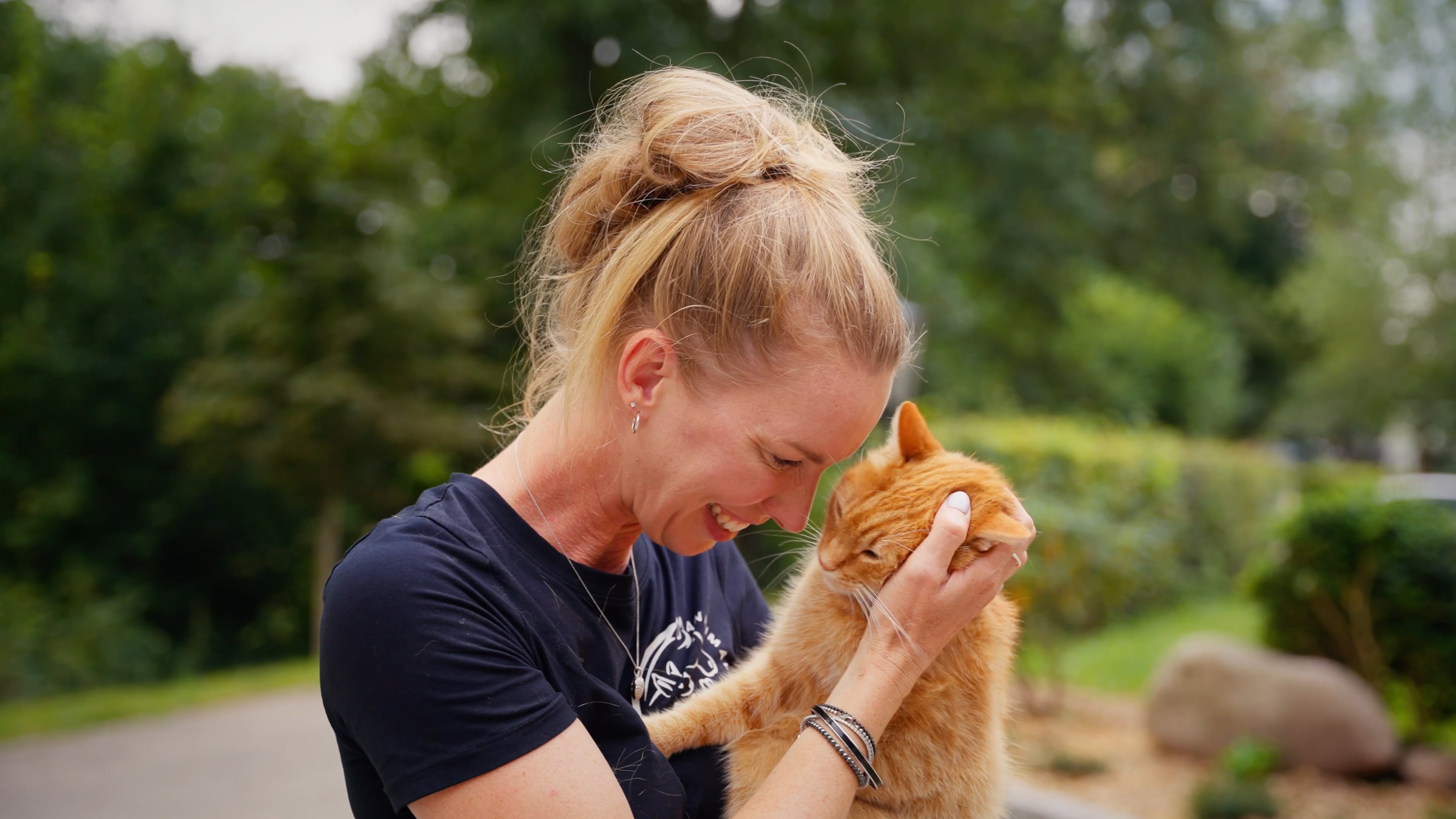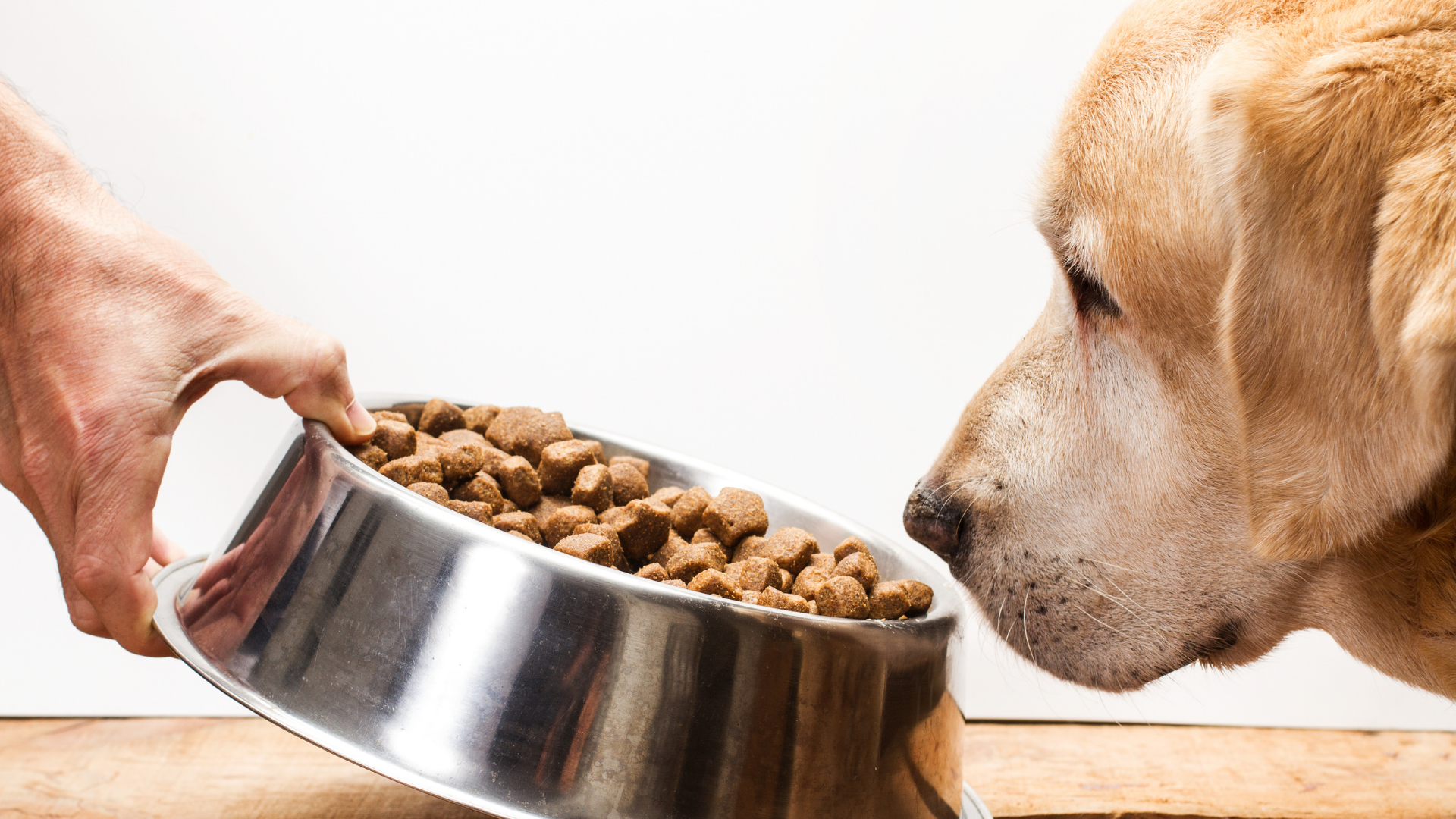
My dog won't eat! How to stimulate the appetite again
If your dog suddenly stops eating, there can be a variety of reasons: from medical factors to stress and tiredness with treats. Now it is important to clarify whether there is a medical cause or whether your furry friend just lost interest in the food for a short time. We'll tell you how you can stimulate your dog's appetite again.
My dog won't eat - should I be concerned?

There are various reasons why your four-legged friend refuses his food. A possible cause can be upbringing: Too much variety in the bowl simply makes Bello choosy. If your fur nose occasionally puts off a meal, but otherwise eats normally, you don't have to worry about that. After all, it's similar with us humans: We don't always have the same appetite and sometimes the dinner we had a few days ago simply tasted better.
But there are also reasons that should be clarified by the veterinarian. If your four-legged friend hasn't eaten for two to three days, a visit to the doc is due. This applies all the more if there are other side effects such as diarrhea, vomiting, exhaustion and sleepiness.
Possible reasons why your dog is not eating
Stress hits the stomach
As with us humans, stress can lead to loss of appetite. Have you recently moved? Have new people or animals moved into your home? Do you travel a lot? Or were you alone or with your four-legged friend on vacation? If you can answer one of these questions with "yes", stress could be the cause of the lack of appetite.
Dental problems and pain when chewing
Problems in the dog's teeth can lead to pain - and it's really nasty when chewing. Inflammation in the teeth or gums very often leads to a loss of appetite. Puppies that are going through a change of teeth are particularly susceptible and downright spurn their food during this time. Help from the vet is needed here, because puppies in particular need more rather than less food.
Illness, exhaustion, excessive sleep?
Diseases can also trigger a loss of appetite. Have you noticed any other changes in your dog? For example, does he sleep a lot or does he seem listless? If you notice such changes, you should have your pet checked out by a veterinarian as soon as possible.
Digestive problems - diarrhea, vomiting, gastrointestinal problems?
Digestive problems can also lead to your four-legged friend refusing his food. Problems peeing or defecation indicate a digestive disorder. The typical grass eating also speaks for problems in the gastrointestinal tract. So off to the vet!
Loss of appetite due to frequent food changes
Frequent food changes can mean that your dog does not or no longer taste one of the foods and therefore refuses it. Try to avoid frequent changes and always take your own food with you when you visit or go on vacation.
Better alternatives: treats, leftovers, chewing bones

Do you often give your dog treats, chewing bones or particularly tasty leftovers from the table? Then maybe your four-legged friend is simply waiting for a better supply of food. Why eat the disdainful food when mum or dad will come around the corner with a pig's ear anyway? Even! If such a clever little fellow lives in your home, one rule will help: First the food, then the goodies! Always give treats and co. after feeding or only as a special reward.
Age of your fur nose - puppy, puberty, senior
Is your dog going through puberty and trying to test you? Do you have a puppy that is currently going through a change of teeth and is therefore eating less? Or is your paw friend already a senior and doesn't need as much food anymore? Yes, age also decides which feeding habits your four-legged friend has at the moment. You can find special food for every age on the market.
Recently received vaccination
Fortunately, there are vaccines for many serious and contagious canine diseases. Although these injections have saved the lives of millions of pets over the past 100 years, they sometimes have undesirable effects as well. Most of these are minor and brief, including a temporary loss of appetite in dogs.
Psychological causes - separation anxiety
Does your dog not eat when he's home alone? One reason could be separation anxiety. Keep an eye on your dog's behavior. If your furry friend freaks out when left alone, you may want to research separation anxiety treatment options. One option would be to award our natural and gentle tranquilizers.
Of course, it could also be that your dog is just not used to eating when he's home alone - or he's a little sad when you're gone.
5 steps to find out why your dog is not eating

Step 1 - Observe your dog's behavior
First, you should observe your dog's behavior to check if your dog isn't eating or doesn't want to eat certain types of food.
See if your dog is behaving as usual or if there are any changes in the daily routine. Also, keep an eye on your dog's bowel movements and urine. If your dog is vomiting, has diarrhea, is lethargic, and dehydrated, talk to a veterinarian. If you suspect any changes in your dog's behavior, don't hesitate to see a veterinarian. In this way you clarify a possible problem and get help in no time at all.
If, in addition to a reduced appetite, your dog also hides, sleeps all day, or loses interest in play and other usual activities, it can be a sign of canine depression.
Step 2 - Check your dog's teeth and body
Broken, loose or bad teeth or inflamed gums can be a reason why your dog is not eating. Examine your dog's body, looking for parasites, changes in the coat and skin, as well as lumps or injuries. If you find anything suspicious, don't hesitate to call a vet.
Step 3 - Check for problems with the lining
Check your dog's food. Maybe you accidentally gave him the wrong food. Make sure there are no problems with the feed. Check the label for the expiration date, check the color and smell. If you suspect the food has gone bad, discard it immediately and offer your dog something else.
Step 4 - Check the environment
If your dog has stopped eating, it could be because he has ingested something harmful. Check your houseplants, carpets, your dog's toys, and any items your four-legged friend has access to. Be especially careful when medication or chemicals are within your dog's reach. If something is missing and your dog is vomiting or has diarrhea, you should see a vet immediately.
If your puppy or a recently moved dog won't eat, it may be because of the new environment. The same applies if you have recently moved.
Step 5 - Check your actions
Have you given your dog a lot of treats or leftovers? If so, that may explain the lack of appetite. Or maybe your dog is simply waiting for something tasty - like pieces of your dinner or dog treats.
Tips for stimulating appetite: How your dog will eat again

There are no medical problems? Then these tips can help revive your love of bowls:
- Move the bowl to a different location: If you previously fed in the kitchen, place the bowl in the hallway or in the bathroom. Sometimes dogs no longer feel comfortable in the familiar place.
- Test out a new bowl: Depending on the nature and material, food sounds different in certain bowls or the floor reflects. This can be unsettling or even frightening. Try out a new bowl to give your dog a sense of security.
- Limit feed availability: Give your dog enough time to eat, but put the bowl away after ten minutes. In this way, your dog learns that you determine when the dinner takes place - and whoosh the food becomes more attractive again.
- No treats: If your dog refuses his food, there should be no treats, let alone sweets, from the table. Who wants cauliflower when you can have a pig's ear?
- Try new food: If you've been using the same type of dog food for a long time, switching can increase your dog's appetite. As already mentioned, you should not change too often!
- Walkies make you hungry: Plan a long walk with a play or training session before eating. Exercise is a good appetite stimulant because it boosts metabolism. You can also incorporate feeding into training as a reward.
- warm up the food: Heat up the contents of the bowl by adding a dash of warm water to the bowl or putting it briefly in the microwave. This makes the smell of the food more intense and therefore more attractive for your dog. Caution: The lining must only be warm, not hot!
- Brewer's yeast tabs: brewer's yeast stimulates the digestion of your four-legged friend and is a great appetite stimulant.
Loss of appetite - when to go to the vet?

There are many possible reasons why your dog does not want to eat his food. It is important to pay attention to whether there could be a medical reason. If your dog is still not eating after three days, you should go straight to the vet. If your dog doesn't drink anything either, please go directly to the doctor in any case. Depending on the season and temperature, dehydration can be reached quickly and is very dangerous.

